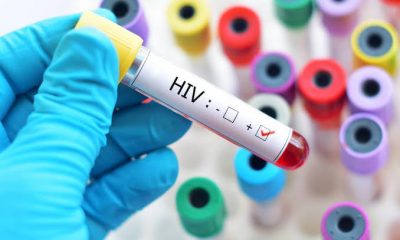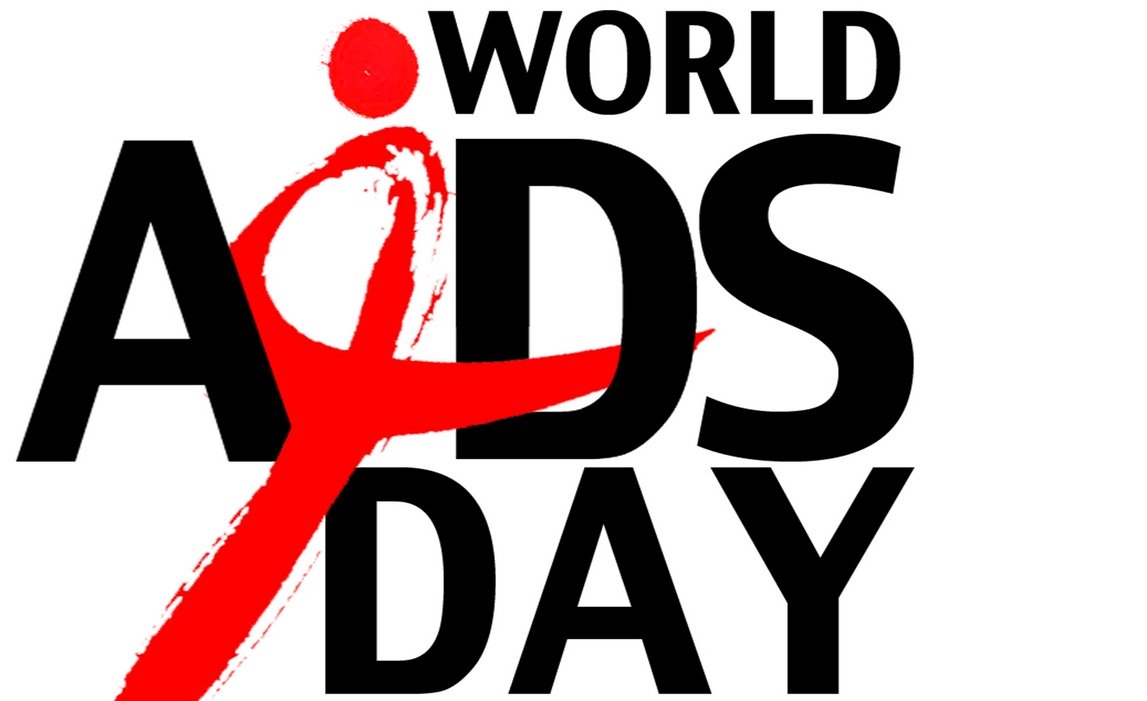Health
Warning Signs of HIV in Men

Warning Signs of HIV in Men: The acronym HIV stands for the human immunodeficiency virus, which is a virus that suppresses and destroys the immune system. If HIV is not treated, Healthline reports that it will damage and eventually kill CD4 cells, which are more commonly known as T cells.
The most common way HIV is transmitted is through bodily fluids, such as blood, sperm, vaginal and rectal secretions, and breast milk.
HIV is a lifelong disease because there is no drug that can get rid of it from the body. If it isn’t managed, a person with HIV can develop a much worse disease known as Acquired Immunodeficiency Syndrome (AIDS) (AIDS). In order to avoid this, it is vital to be aware of certain warning signs of HIV that a person who is infected with the virus should keep an eye out for.
If an individual is aware of and able to recognize these warning signals, they have a better chance of preventing HIV from progressing into AIDS.
However, for the sake of this article, we will be focusing on the early and later stage warning signs of HIV, as well as the symptoms in men.
This is very important because, even though most of the signs of HIV are the same for men and women, there are a few that are thought to be only unique to men.
Early-stage HIV Symptoms
An individual who has been infected with HIV and is still in the early stages of the disease, specifically within the first four weeks after infection, is considered to have acute or primary HIV infection, this is according to Healthline. At this stage, the HIV virus would begin to infect certain white blood cells in the host’s body before moving on to other parts of the body. At this point, there is a significant risk of transferring the virus to other people, and symptoms similar to those of flu might be noticed.
These early-stage HIV symptoms in men, which are similar to those of flu, include the following:
- Headache
- Fever
- Fatigue
- Sore throat
- Skin rash
- Swollen lymph glands
- Diarrhea
- Night sweats
- Ulcers in the mouth
- Aching muscles or joints
Later-Stage HIV Symptoms
When HIV attacks a person’s immune system, the virus’s rate of spread slows down, and when this happens, it is believed that chronic or clinical latency has been reached. According to Healthline, this stage might potentially last anywhere from ten to fifteen years, although patients who are compliant with their antiretroviral treatment regimens have the potential to remain in this stage for decades. In addition, individuals who are in the chronic or clinical latency stage of HIV, which is a later stage, may not exhibit any symptoms of the disease.
However, when symptoms do appear, they may include any of the following:
1. Low sex drive
According to Healthline, having a low sex drive is one of the most important warning signs of hypogonadism. This condition occurs when a man’s testicles are unable to produce an adequate amount of the hormone testosterone. HIV is linked to hypogonadism, which can lead to erectile dysfunction, depression, exhaustion, infertility, reduced hair growth on the body and face, and expansion of breast tissue.
2. Sores on the male private organ
Normally, one of the major signs of HIV is painful open sores that appear on the mouth or esophagus. However, these sores may also appear on a man’s private organ or anus, with the sores often coming back or recurring.
3. Pain or burning sensation while urinating
Experiencing pain or burning sensation when urinating is not only specific to sexually transmitted infections like gonorrhoea or chlamydia alone but can also be warning signs of HIV. It can lead to swelling of the prostate and may cause urinating more often than usual, pain during ejaculation, cloudy or bloody urine, and lower back, abdomen, or groin pain.
AIDS
READ ALSO: Cure For HIV/AIDS: Biotron Flagship Drug Have Positive Results For Curing HIV
The term “acquired immunodeficiency syndrome” (AIDS) refers to the final stage of HIV, which is simply the stage in which the virus has caused significant damage to the immune system of an infected person. This, in turn, renders it impossible for the body to fight off infections that it contracts.
Extreme tiredness and prolonged diarrhea that lasts longer than a week are symptoms that may indicate AIDS.
Other symptoms include sudden memory loss, rapid weight loss, pneumonia, sores in the mouth, anus, or genitals, fever or severe night sweats that keep coming back.







